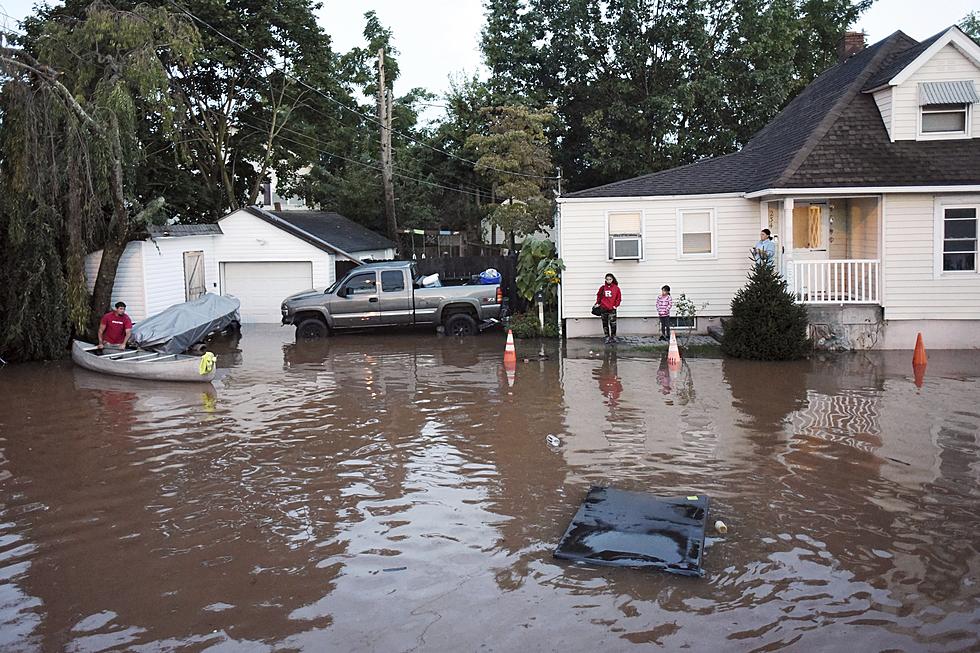
Beware Orlando charity scams, NJ authorities warn
Emotional offers of support for families affected by the Orlando shooting tragedy present brand-new opportunities for scammers to cash in. The New Jersey Attorney General's office and Division of Consumer Affairs (DCA) warn you to be sure that the charity of your choice is real and certified.
"Consumers should apply a critical eye to any emails, websites, door-to-door collections, mailings, or telephone calls soliciting money to help those devastated by the Orlando shooting," said acting DCA Director Steve Lee in prepared remarks.
"The best way to provide support for the victims is to make sure the money you donate is going to a legitimate charity that actually benefits them."
Before writing a check or opening a wallet, some points to consider:
Charities you know and trust present your safest avenues. If it's an unfamiliar charity, it might still be legitimate - but research it before committing to it.
Learn the charity's mission, and how it plans to use your donation. Ask for literature, and if you're given any, read it. Honest charities encourage questons.
Proceed with extreme caution if you are solicited on line or by phone. Delete unsolicited e-mails and avoid opening attachments, even if they claim to contain videos or photos. They might contain viruses to invade your personal data instead. Social media perpetuate scams as well.
High pressure for quick or on-the-spot donations is a giant red flag. Legitimate groups give you time and abide by your decisions to donate, or not. They also don't try to cajole or force you into a higher amount.
Visit New Jersey's online listings or call the DCA charities hotline, 973-504-6215, to confirm whether a charity is registered or exempt from registration. Exemptions apply to some religious or educational concerns that customarily aise less than $10,000 in a calendar year.
Authorities recommend avoiding cash contributions if possible, and using credit cards or writing a check directly to the charity. Don't fill out checks to individuals. They should be payable only to organizations active in the DCA database.
Limit the information needed to process your donation. Be aware of requests, even from legitimate groups, for detailed personal and financial background.
The DCA web page contains financial information submitted by charitable organizations, including how much was devoted to programs, as opposed to fundraising or management.
Report shady-looking solicitations to municipal police or DCA, through its online complaint form, or by phone, toll-free in New Jersey at 1-800-242-5846, or 973-504-6200.
More From 92.7 WOBM









